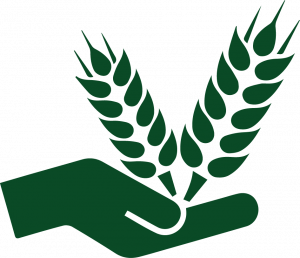
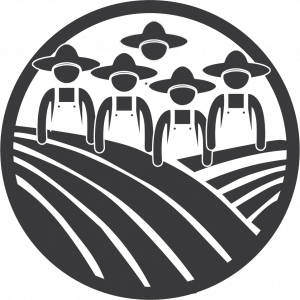
COMMUNITY BASED SUSTAINABLE AGRICULTURE (CBSA)
Community-based Sustainable Agriculture (CBSA) is undertaken by the organized members of the community based on a plan shaped from common objectives and founded on participatory baseline research. Meeting the basic needs of adequate and safe food, health and nutrition are prioritized in the development plan. The roles and aspirations of women farmers are studied through a gender assessment module.
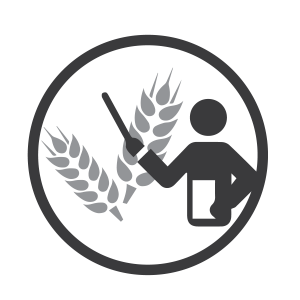
SUSTAINABLE AGRICULTURAL TRAININGS
SATC institutionalizes the capability building efforts of SIBAT in Sustainable Agriculture (SA) for it to provide more sustained and effective technological resources to the growing numbers of farmers, practitioners and advocates of organic farming.
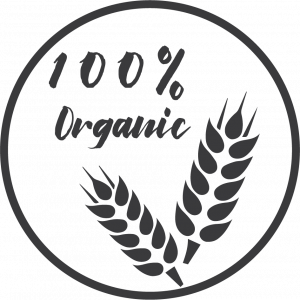
PARTICIPATORY GUARANTEE SYSTEMS
(PGS-TARLAC)
Also the Farmers Guarantee System or form of first party assurance to the consumers as to the integrity of farm produce. At the present time of organic certification, PGS is being lobbied by the small farmers to be accepted as a form of certification system and as an amendment to the Organic Agriculture Act that will benefit the small farmer producers.
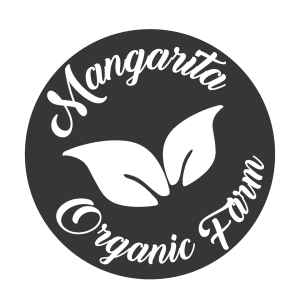
MANGARITA ORGANIC FARM
The Mangarita Organic Farm is an initiative of Sibol ng Agham at Teknolohiya (SIBAT), Inc. to effectively carry out its mandate in promoting sustainable agriculture in Philippine rural communities. A farm, either community-based or center-based (individual farmer-cooperatorship as strategy) is meant to provide a hands-on learning venue for farm technologists and local farmers.
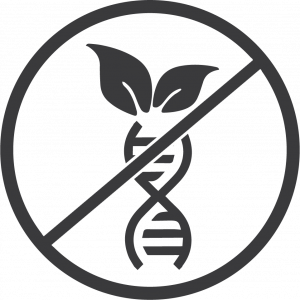
NO TO GMO!
Genetically modified organisms (GMOs) are generally crops that have been manipulated to express genes from other plants, animals or bacteria. These genes confer traits such as pesticide resistance, herbicide resistance or toxicity to certain insects. Though GMO manufacturers claim that their products will reduce pesticide and herbicide use, the opposite effect has been seen, which is not surprising given the fact that the GMO manufacturers are the same corporations producing these chemicals. The lives of farmers are negatively affected by increased costs, frequent crop failures and health effects resulting from exposure to toxic chemicals. This is a growing problem in the Philippines, where corn, alfalfa, cotton, potato, canola and sugarbeet have been approved for production. As an organization committed to improving the lives of rural farmers in the Philippines, SIBAT has taken a stand.
